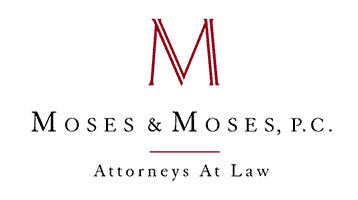Most people think (when they get around to thinking about it) that an estate plan is determining who to name as their beneficiary in a Will, personal representative and maybe a guardian/conservator of their assets. However, if that was all there was to it everyone could go to LegalZoom, download a document, fill in the blanks and move on with life. In reality, there are many instruments other than a Will that may be necessary to implement a proper estate plan in which to provide for the protection and goals of the planner.
The proper estate planning process first starts with obtaining accurate and complete information of the planner’s assets – who owns the asset, whether or not there are contractual provisions that determine what happens to the assets on death and any potential tax liabilities. Estate taxes are not an issue in most estate plans since the exemption equivalent is now $5,450,000. However, there is still the possible need to file an estate tax return or a special estate form to preserve the step up in basis of inherited property and to preserve the possible opportunity for the surviving spouse to use the Deceased Spouse’s Unused Exemption (DSUE) amount in a second marriage or a windfall from the lottery. Additionally, in non-taxable estates there may be a need to protect the assets from untimely realization of taxable income. For example, a pension plan asset or IRA may have misnamed the beneficiary or named as the secondary beneficiary the “estate of the owner”.
Once a proper review of the assets has been made it may be determined that other instruments besides a Will are necessary in perfecting your estate plan. Those may include uses of the following:
1. A limited liability entity to deal with rental property, property in another state or county (other than the county of residence) or property that is hard to transfer such as mineral rights, both active and dormant.
2. A living trust may be the instrument that best suits the planning objectives in cases where there are closely held business assets.
3. A business management trust is sometimes necessary to deal with succession and maintenance of the business.
4 A revocable living trust can avoid the delays of probate and create ease of change of management of the affairs of the grantor, particularly when the party is elderly. A revocable living trust also assures fiduciary obligations are on the persons acting as trustee, where a power of attorney may not provide as clear a level of protection to the grantor of the power or their heirs. Additionally, where there are numerous heirs or heirs at law who could potentially present problems, this type of trust could be a great benefit to the intended beneficiaries.
These are only a few of the instruments that can be utilized in preparation of a proper estate plan. Planning is hard to do and failing to do it properly (or failing to do it all), will be costly to someone – probably someone you care deeply about.






